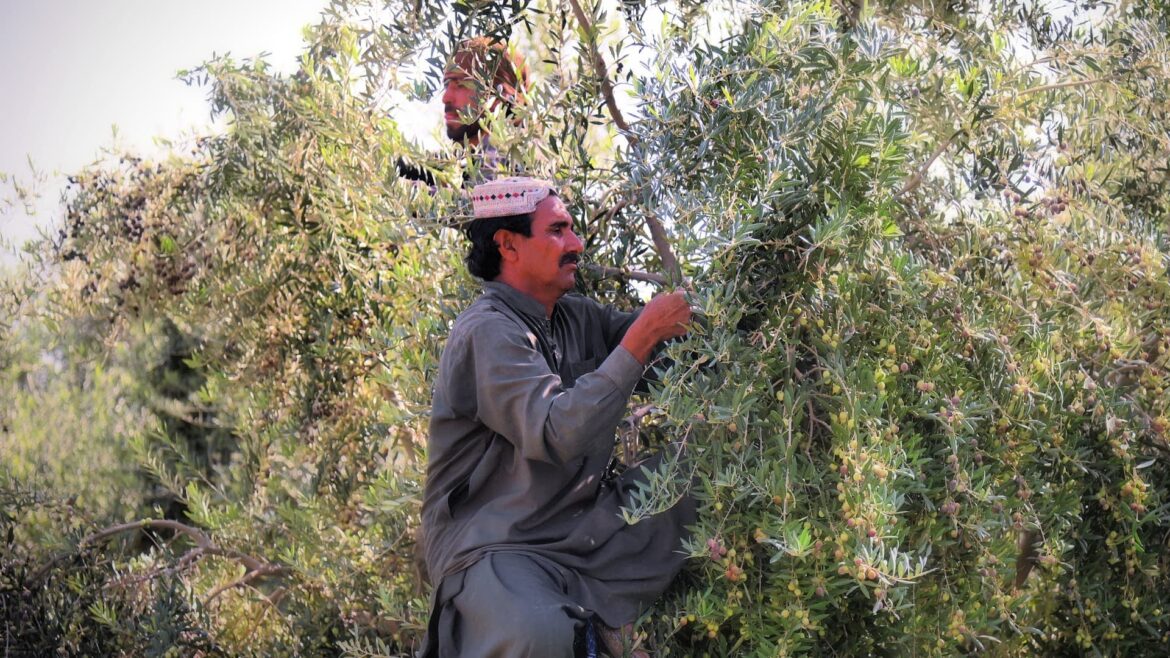Summary
Loralai Olives, the first Pakistani brand to be recognized at the NYIOOC World Olive Oil Competition, is focused on producing high-quality olive oil through strict control over the production process, sustainable farming methods, and international quality certifications. The company’s success is expected to open new marketing and export opportunities, ultimately benefiting local farmers and the economy in rural Balochistan, while also inspiring Pakistan to become a leading force in the global olive oil industry.
With the right weather, good land and a dedicated team, Loralai Olives has made history as the first Pakistani brand to be recognized at the NYIOOC World Olive Oil Competition, the world’s largest olive oil quality contest.
“We dreamed of Pakistan being recognized among the leading olive-producing nations. To achieve that, it was clear that a top-class, internationally competitive brand was necessary,” said Shaukat Rasool, the chief executive and co-founder of Loralai Olives.
Spread across more than 40 hectares, the farm is planted with Coratina and Arbequina olives, chosen after years of research on what varieties would thrive in the unique terrain.
It reaffirms a belief we have carried from day one: with passion, precision, and purity, world-class quality can rise from anywhere — even from the remote hills of Balochistan.- Shaukat Rasool, CEO, Loralai Olives
“The creation of Loralai Olives was inspired by the incredible transformation underway in Pakistan’s agriculture sector, especially through the government’s flagship initiatives promoting olive farming,” Rasool said.
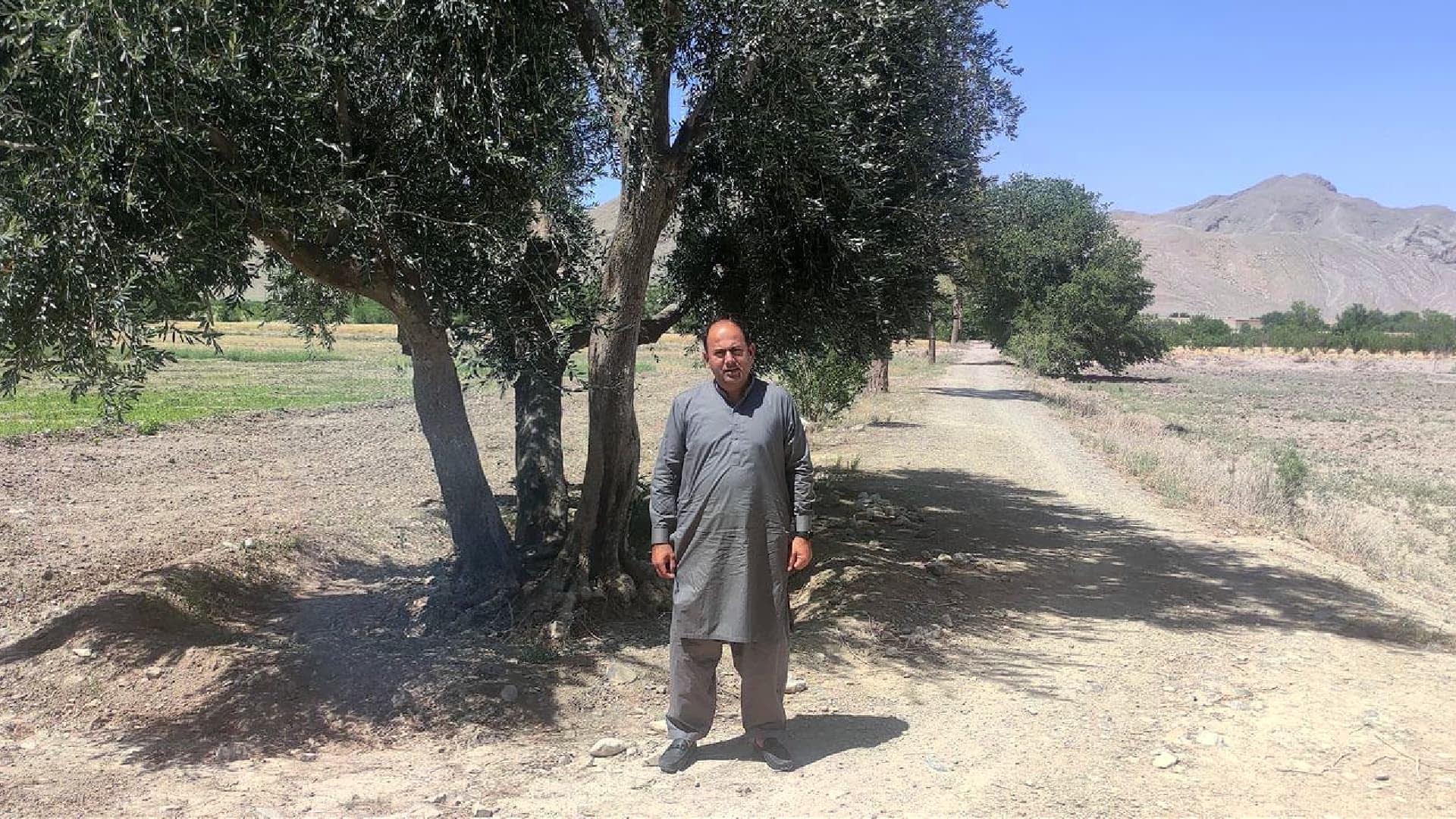 Shaukat Rasool, the chief executive and founder of Loralai Olives (Photo: Loralai Olives)
Shaukat Rasool, the chief executive and founder of Loralai Olives (Photo: Loralai Olives)
“With strong public-private partnerships, millions of olive trees have been planted across the country,” he added. “The government has been actively supporting this movement by providing olive plants, modern irrigation systems, extraction facilities and storage infrastructure — laying the foundation for a thriving olive oil industry.”
For his part, Rasool chose to plant his olive trees in Loralai, Balochistan, because of the favorable soil and climate conditions, along with the elevation.
See Also:Producer Profiles
“The region’s dry, temperate climate and long sunlight hours create the perfect environment to grow olives with exceptional flavor profiles and high oil content,” he said. “However, our vision is not limited to Balochistan alone.”
“Pakistan is blessed with diverse climatic zones, offering ideal conditions for olive farming in several regions,” he added. “Alongside Loralai, we are actively working in Pothohar Plateau and other suitable areas, building a nationwide movement for high-quality olive production.”
Rasool said the key to the company’s successful production this year was maintaining strict control over every step of the process.
“Our teams continuously monitor the orchards, carefully inspecting the trees to ensure the fruit remains healthy, free from faults and harvested at the optimal stage of ripeness,” he said. “Once ready, the olives are hand-harvested with great care and immediately transported to state-of-the-art extraction mills supported by the government of Pakistan.”
“By minimizing the time between picking and extraction, we preserve the freshness, nutritional value and flavor of the olives,” Rasool added. “This meticulous orchard-to-mill approach allows us to produce extra virgin olive oil of the highest quality.”
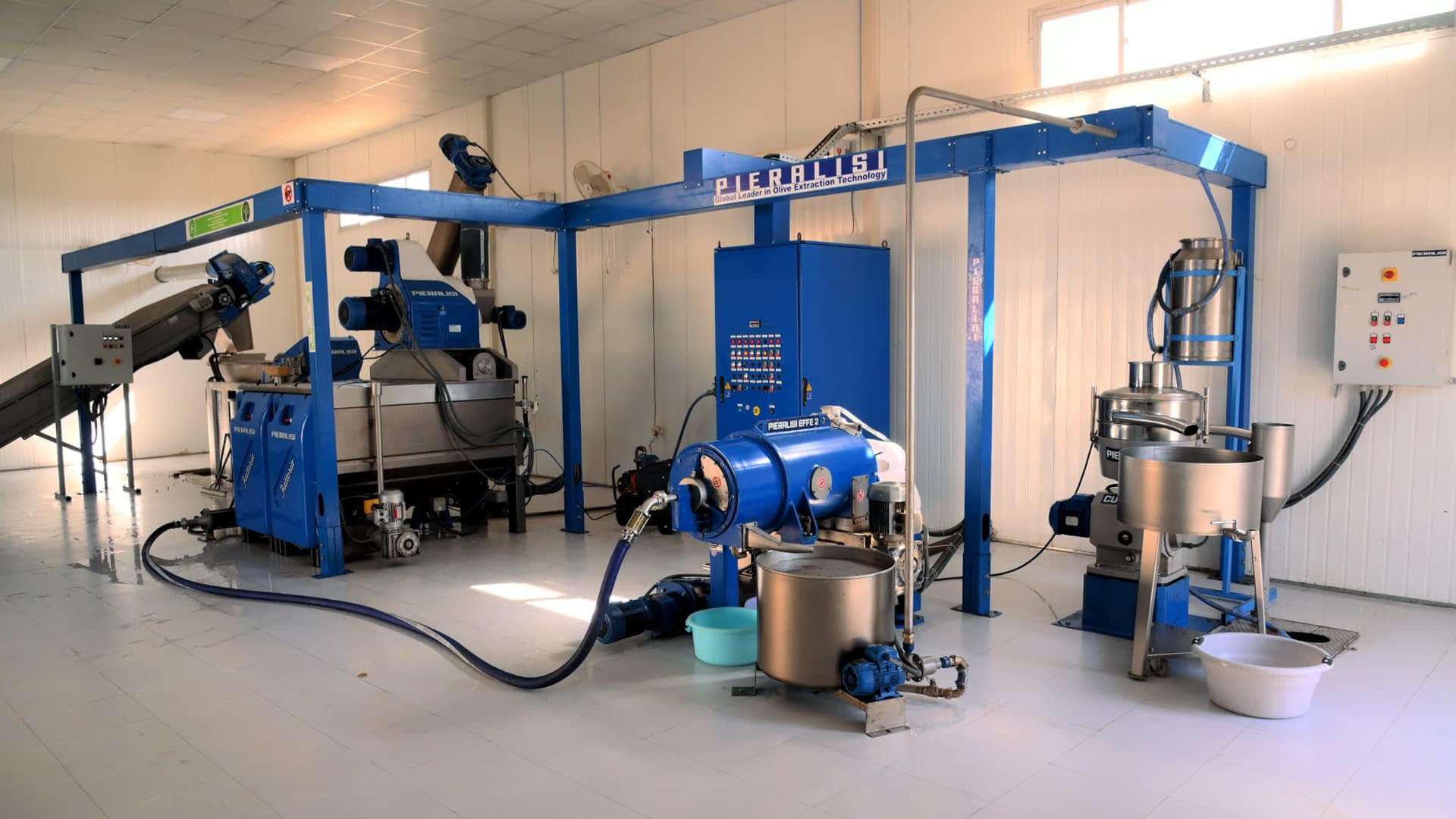 Rasool credited the role of the Pakistani government in funding the state-of-the-art mill that produced his award-winning olive oil. (Photo: Loralai Olives)
Rasool credited the role of the Pakistani government in funding the state-of-the-art mill that produced his award-winning olive oil. (Photo: Loralai Olives)
Post-production, the oil is stored in temperature-controlled stainless steel containers to maintain freshness and quality. Rasool also works with a group company to store the oil properly until it reaches the market.
“For packaging, we only use dark-colored glass and ceramic bottles to protect the oil from light and preserve its purity,” he said. “Finally, every batch goes through lab testing to ensure it meets international extra virgin olive oil standards for acidity, purity and sensory quality.”
Rasool indicated that winning a Silver Award for its delicate Arbequina monovarietal marks a new chapter for the company and puts the entire country on the olive oil world map.
“We are honored to be recognized at the NYIOOC World Olive Oil Competition,” Rasool said. “It reaffirms a belief we have carried from day one: with passion, precision, and purity, world-class quality can rise from anywhere — even from the remote hills of Balochistan.”
“Our monocultivar Arbequina is distinguished by its smooth, fruity flavor with subtle notes of green apple, almond and fresh herbs, combined with a light, sweet aroma reminiscent of green leaves and tropical fruits,” he added.
Winning at NYIOOC is expected to open new doors for Loralai Olives, especially in marketing and exports. The company’s various international quality certifications, including ISO 9001, ISO 22000, HACCP, and Halal, further support this.
“We anticipate this achievement will significantly boost our brand credibility, opening new doors for marketing collaborations, premium positioning in retail channels and stronger storytelling around quality and origin,” Rasool said.
“On the export side, the award gives us a powerful validation that will help us build trust with international buyers, distributors and retail partners,” he added. “We expect a surge in demand from key markets like the United States, the Middle East and Europe, and we are preparing to scale our operations.”
Rasool also believes the benefits garnered from winning this award will ultimately help bolster local farmers and the economy in rural Balochistan.
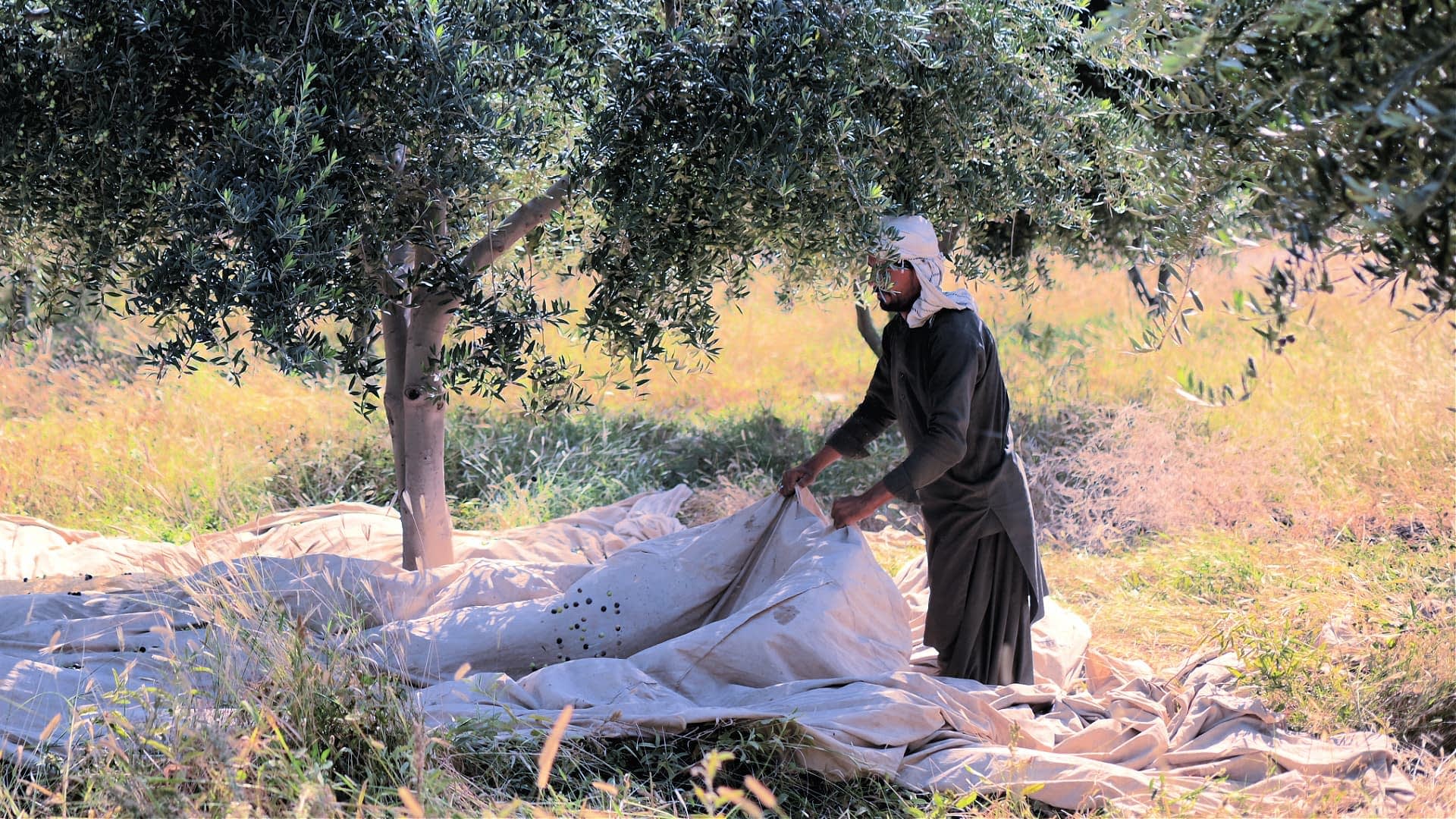 Loralai Olives boasts 40 hectares of Arbequina and Coratina olive trees in Balochistan. (Photo: Loralai Olives)
Loralai Olives boasts 40 hectares of Arbequina and Coratina olive trees in Balochistan. (Photo: Loralai Olives)
“We are inspiring farmers to view olive cultivation as a path to international recognition and sustainable prosperity,” he said. ‘Our success has motivated many farmers to take pride in their work and adopt modern olive farming practices.”
“LO is deeply committed to engaging with local communities through continuous training, knowledge-sharing and collaboration to improve cultivation techniques, enhance quality standards, and maximize yields,” he added. “By doing so, we are not only uplifting the agricultural economy of regions like Loralai and Pothohar but also building a strong foundation for Pakistan to become a leading force in the global olive oil industry”.
This year’s olive harvest in Pakistan showed signs of growth and adaptation. According to Loralai Olives, the changes are becoming more visible.
“The climate of Pakistan has a significant impact on olive harvests, particularly in regions like Punjab, Balochistan and Khyber Pakhtunkhwa, where olive cultivation is expanding,” Rasool said.
“Last season, the olive harvest in Pakistan was generally good in yield and quality,” he added. “However, we observed an earlier-than-usual harvest due to rising temperatures and shifting weather patterns linked to climate change. Higher temperatures accelerated the ripening process, leading farmers to initiate harvesting ahead of the typical schedule.”
However, Rasool quickly points out that the county’s farmers overcame these challenges, demonstrating the growing resilience.
“Continued climate variability, however, stresses the need for more adaptive practices and technological support to sustain and enhance future harvests,” he added.
As climate change continues to affect weather patterns across olive-growing regions, maintaining consistent quality has become more challenging, but also more critical.
The Loralai Olives team meets this challenge by focusing on sustainable farming methods that protect the environment while ensuring their oil stays pure and flavorful.
“At Loralai Olives, sustainability is a core part of our mission,” Rasool said. “We promote water-efficient irrigation systems like drip irrigation to conserve water resources, and we encourage organic farming practices by minimizing the use of synthetic chemicals.”
“Our orchards are managed with a focus on soil health and biodiversity, using natural composting and cover cropping techniques to maintain long-term fertility,” he added. “In production, we utilize energy-efficient cold extraction methods and ensure minimal waste.”
Rasool said the industry’s long-term challenges include improving local knowledge about harvesting, milling and bottling, expanding cold-chain infrastructure and ensuring sustained access to international markets.
However, he said the government has supported the industry along the way.
“Loralai Olives has received valuable support from government initiatives promoting olive cultivation and production in Pakistan,” he said. “The government has allowed us to showcase LO at major exhibitions free of cost, helping us build visibility and connect with buyers and stakeholders.”
“Additionally, we have benefited from access to state-of-the-art extraction facilities at subsidized rates, which have been instrumental in maintaining high production standards while keeping costs competitive,” Rasool added.
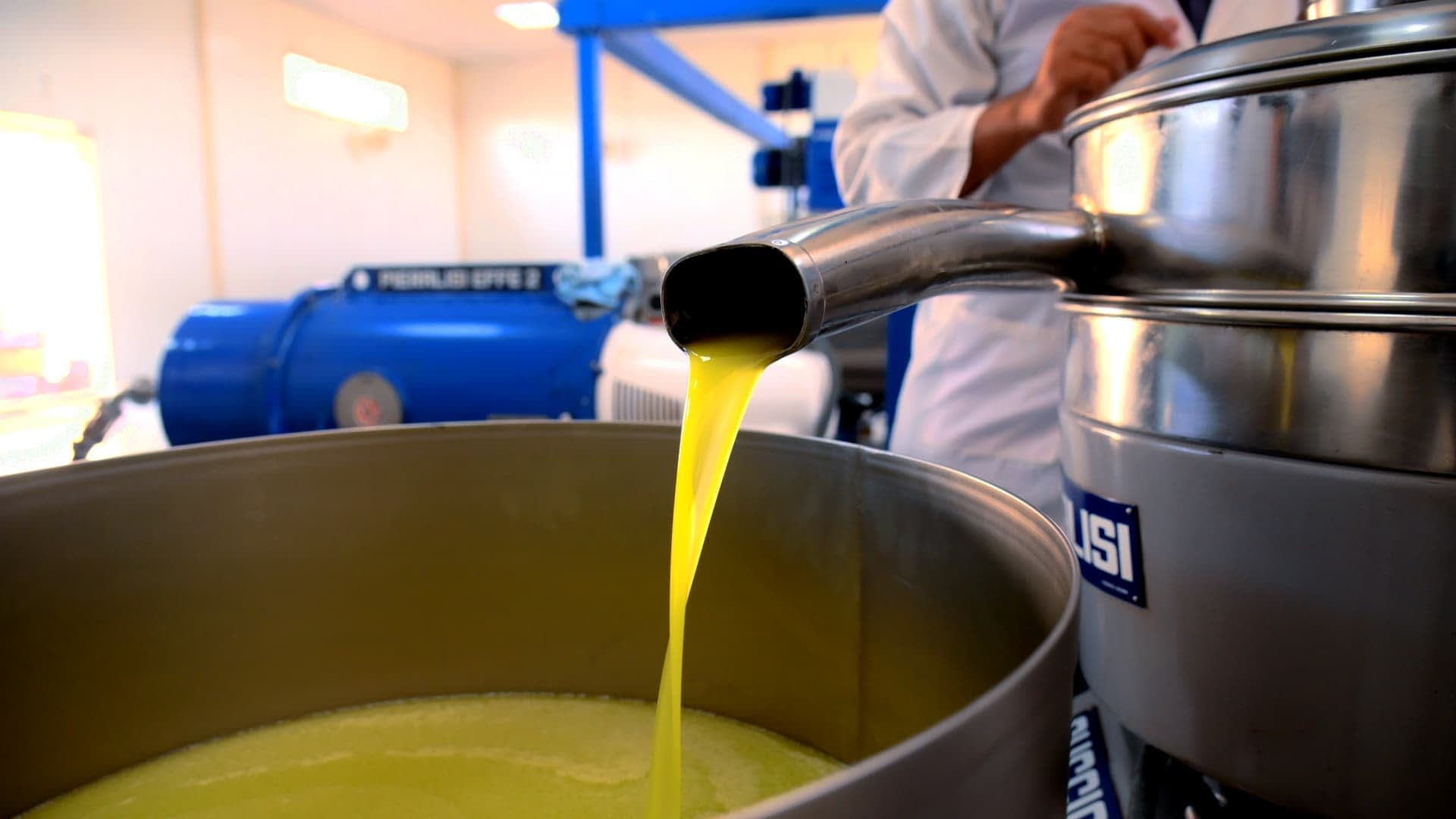 Quality certifications and international awards demonstrate the credibility of high-quality Pakistani extar virgin olive oil production. (Photo: Loralai Olives)
Quality certifications and international awards demonstrate the credibility of high-quality Pakistani extar virgin olive oil production. (Photo: Loralai Olives)
With growing recognition and steady backing, Loralai Olives is now looking ahead, with big expansion plans.
“In the next five years, we envision Loralai Olives becoming the face of Pakistan’s olive industry, proudly representing the country on the global stage,” Rasool said.
“My advice to aspiring entrepreneurs is simple: always focus on quality and set your targets to achieve the best,” he added. “Build your reputation on excellence, and opportunities will follow”, he advised aspiring producers.”

